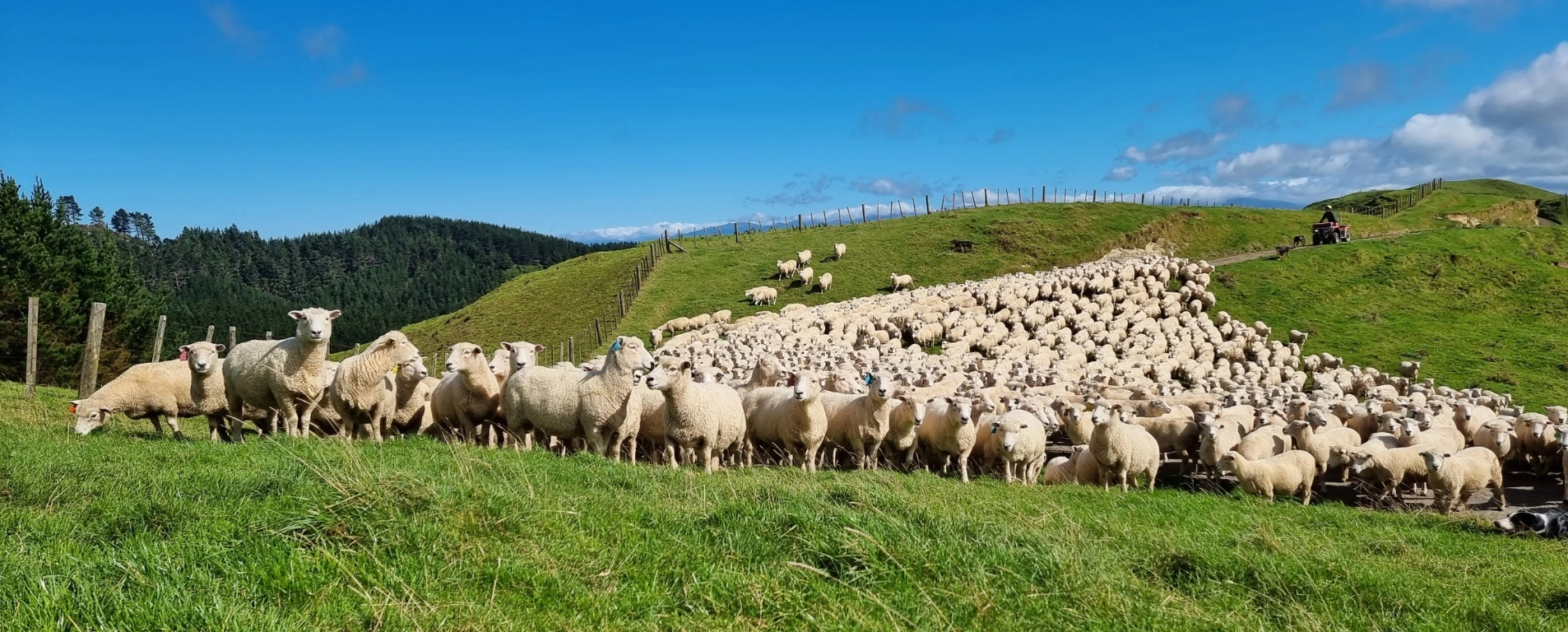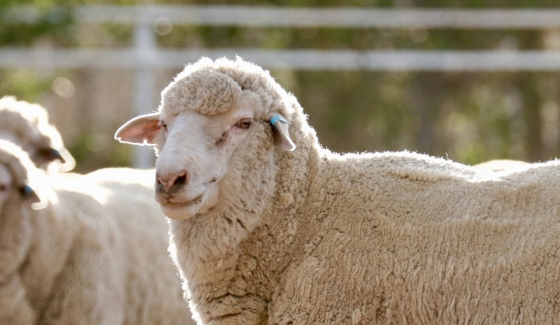
When I lived in the UK, there were often articles in newspapers talking about how we needed new entrants in agriculture. The message was everywhere and so when I came to New Zealand and didn’t see or hear the same things, I assumed that wasn’t the case. Recently, however, I’ve discovered that that is not quite true and that there is a need across both New Zealand and Australia.
I thought I would write a few words about my experience as a new entrant, and how managers and those already in the industry can encourage more people like me to enter- and stay- in the industry.
—
When I was younger, I wanted to be an architect. I had grand plans for a high-flying career in the city. I studied hard through school, continuing at college to do maths, physics and art, preparing myself for a degree…
And then sheep came along.
What a curveball that was. And not just for me, but for my friends and family too. I’m what you would call a “townie”. Whilst I saw fields and farms on the outskirts of town, I had no concept of what happened on a farm, nor did I have any interest in how my food was made. I had no farming friends and no farming family. So, why on earth the obsession with sheep?
The story of how I got introduced to farming is a little long and windy, but essentially, I somehow ended up working in the lambing sheds of a university farm.
The first few weeks were a complete eye-opener as to what this “farming” business was all about. The farmer was always on the go doing different jobs around the place. One minute he was working cattle, the next he was planning grazing rotations on a computer. He’d go from fixing a tractor to calving a cow within an hour. The range, and amount, were endless.
This style of business and the multitude of things to think about scratched my brain in the most satisfying way and from that moment I was completely hooked. I had no idea this career opportunity existed, let alone was available to me.
So, 18-year-old me decided, after a few weeks of fantastic farming experience, that I was going to be a sheep farmer for the rest of my life- and here I am, 13 years later. A few good weeks- that’s all it takes to introduce someone to our industry and convert them for life. However, a few bad weeks, and they could be gone for good.
I used to do talks around the UK, discussing getting into farming and how I did it. More often than not I was talking to the aspiring young entrants themselves, giving them tips on how to find land or what sheep would work for them… however as most of the people that read this are actively farming, I thought I would give some tips on how to be the kind of person we need in the industry, to attract new entrants.
We don't know what we don't know
New entrants are both blessed and cursed with a lack of knowledge. Because we don’t have any instilled opinions on “how things are done”, we come with the bonus of thinking anything is possible and a solid “why not” attitude. We can be moulded and shaped to be the dream employee with no bad habits lingering from past experiences.
However, new entrants also come with the downside that we may not know things that seem very obvious to those born and raised on a farm. I learnt at 19 what a Wether was, and that sheep don’t have top teeth. And, I still can’t really drive a tractor- yet these are things farm kids knew and were doing at the age of 10.
And whilst it is easy enough to say “There’s no such thing as a silly question here”, it is far harder to actually ask that “silly question”- and even harder still if they’re part of a team of peers
I find it is better to establish where new entrants' strengths and weaknesses lie with an open and honest conversation at the start of the employment.
For example, on my second intensive lambing job I wrote an application letter clearly explaining my stock sense was sub-par, however, I had a good handle on animal health issues. They chose to employ me with that knowledge and I had a great time there. I never felt bad for not being able to catch a sheep as fast as the others, and they knew I would cover their skill gap- which was animal health administration. A win-win for both parties.
However, some people may be a little shy of this, or unwilling to admit their flaws, or they may even not know what don’t know. It is your job as an older role model and a more experienced farmer to establish these boundaries/limits, especially if they have a quieter personality. That way neither of you is disappointed and you can make the most of the skill set they DO have.
Individuality
Everyone's reasons for getting into farming are different. Whilst some might find the appeal in working their dogs and being outside all day, others may enjoy the numbers, genetics and budgeting side of things. The joy of farming is that there are so many different aspects to fall in love with.
In the previous example, I explained how I wrote an application letter explaining what I could do well, and what I found hard. That was my responsibility as a new entrant.
Your responsibility as an employer is to harness those new-found passions and use them for your own advantage. Do not hire someone to do a job they do not want to do.
If you are awful with dogs, do not hire a new entrant farmer who is passionate about dog work. If you are good with dogs, but have no interest in science and technology, do not employ a new entrant with an interest in genetics!
With new entrants, your role is to nurture that interest- that spark- so it sticks around- and so that they stick around in the industry. Farming is not an easy industry to work in, from the hours to the manual labour, all it takes is an unsupportive boss for them to decide that farming “isn’t for them”.
—
Without tooting my own horn, new entrants are some of the best people to employ. They are there by choice, and so their enthusiasm for the industry is unmatched and only grows greater the more it is nurtured. They can be taught, moulded and shaped to be the kind of farmer you want them to be. They have a fresh view on farming that can come up with interesting and cunning ideas. The benefits are truly worth the extra effort it may take to help them on their way.
And despite the fact there are very few news articles explaining the need for new entrants, I still think there is a need. Not only to fill labour gaps but to also bring new minds into the industry that will help drive progress and innovation in different ways than we could imagine.









